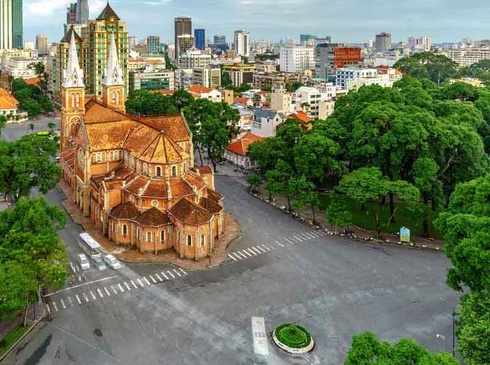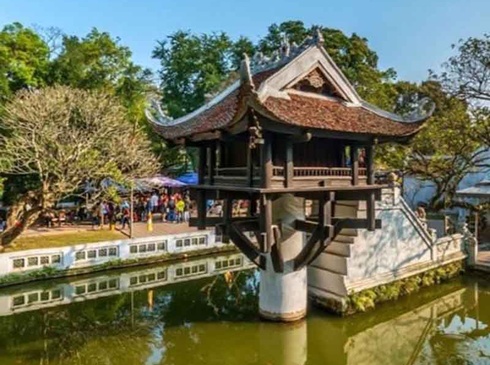The Rise of Vietnam in the Era of Globalisation
In the last two decades, Vietnam has emerged as a major player in the global economy. The country's integration with the world has been driven by its strategic location, favourable economic policies and a budding private sector. As a result, Vietnam has become a new poster boy for the globalisation phenomenon. This article will delve into the reasons behind Vietnam's success story and assess what it means for the country's future.
.jpg)
Vietnam's integration with the global economy started with the economic reform program called 'Doi Moi' launched in 1986. The program has unleashed several key reforms that have transformed the Vietnamese economy. The market-oriented economic policies together with the country's low-cost labour and its geographical location have been key drivers of Vietnam's success story. The reforms have attracted heavy investment both from domestic and international investors. Multinational firms have come to Vietnam to set up factories taking advantage of low labour costs, tax incentives and preferential treatment.
Vietnam's foreign trade policy has also been a driving force in its rise. Vietnam has signed several free trade agreements such as the ASEAN Free Trade Area and Vietnam's accession to the World Trade Organisation in 2007. Further, the government has actively pursued several bilateral trade agreements to improve its market access. As a result, Vietnam's exports have increased from 14% of Gross Domestic Product (GDP) in 2001 to more than 100% of its GDP in 2020.
Apart from the government, the private sector has contributed significantly to Vietnam's successful integration into the world economy. The country has a vibrant entrepreneurship ecosystem that has led to a high rate of business start-ups. According to the Global Entrepreneurship Monitor 2020, Vietnam has the highest rate of nascent entrepreneurs in the world. Further, the country has a large number of Small and Medium Enterprises (SMEs) that have become a backbone of the Vietnamese economy. SMEs account for 98% of the country's businesses and employ more than half of the country's workforce.
.jpg)
The rise of Vietnam has led to several benefits to the country. First, it has attracted significant foreign direct investment that has boosted the country's economy. Second, it has led to a decline in poverty. According to the World Bank, the poverty rate in Vietnam declined from 70% in the 1980s to 2% in 2020. Third, it has been a driving force for modernisation and technological advancement. Vietnam has developed a reputation as a manufacturing hub that produces goods at a lower cost than China. This has attracted firms that were looking to diversify their supply chains.







